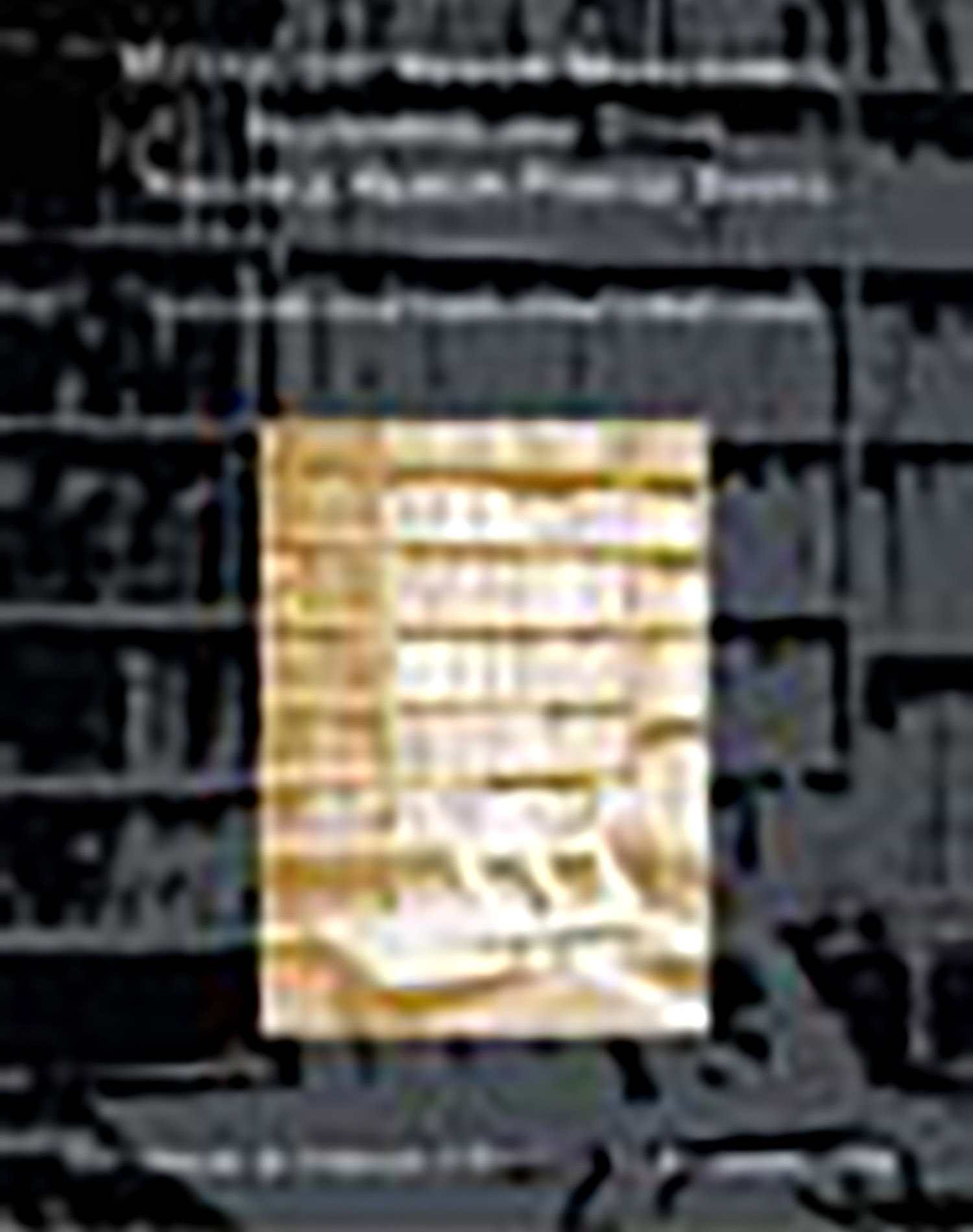(PHILOSOPHY)

AUCTION 18 |
Tuesday, December 17th,
2002 at 1:00
Magnificent Hebrew Manuscripts, Incunabula and Other Valuable Hebrew Printed Books Sold By Order of The Trustees of Jews' College, London.
Lot 17
(PHILOSOPHY)
Spain: 15th Century
Est: $80,000 - $120,000
FIFTEENTH CENTURY SPANISH MANUSCRIPT, CONTAINING FOUR HEBREW TRANSLATIONS OF IMPORTANT PHILOSOPHICAL TREATISES.
Text:
* Kavanoth Ha’philosophim [“Intentions of the Philosophers”]. By ABU HAMID (Mohammed) AL-GHAZALI (1058-1111).
The author was a prominent Muslim theologian, jurist and mystic who wrote in Arabic. This work was translated into Hebrew on three separate occasions which indicates its popularity and influence on Jewish philosophy. Great Jewish philosophers, such as R. Isaac Albalag used it as the basic departure point for their own philosophical treatises. Moses Narboni wrote an extensive commentary, in addition tow which several anonymous commentaries have been written to the work. The present manuscript contains one such anonymous manuscript penned in a distinct cursive hand in the margins of the main text. There are only two other recorded manuscript copies of this commentary extant. An incomplete text is located in the Institute of Oriental Studies at the St. Petersburg branch of the Russian Academy of Sciences [MS B 386, ff.147-181]. The other manuscript copy, dated 1429, originally in the Library of the London Beth Din, (see, Neubauer no. 40), was sold at Christie’s, New York, Important Hebrew Manuscripts and Printed Books, 23rd June 1999, Lot 36. It should be noted that both other extant manuscript copies contain the text of the commentary alone. The present manuscript contains Al-Ghazali’s text as well as the commentary. The text of the commentary is in the same hand as the comments that accompany the rest of the philosophical treatises in this manuscript suggesting that it is the work of a single author. It is possible the manuscript is the original work of the anonymous author of the commentary from which the other two extant manuscript copies are copied.
On the importance of the Hebrew translations of Medieval Arabic works in general see, M. Steinschneider, Die Hebraischen Ubersetzungen de Mittelalters und die Juden als Dolmetscher (Berlin, 1893). For an accessible though primitive citation of some of the manuscripts copies of this work see the entries “Kaf “ nos. 74 and 75 in Ben Ya’akov, Otzar Ha’sepharim and the references cited therein.
* Sepher Tapuchei Zahav [“Apples of Gold”]. By SHEALTIEL B. SOLOMON GRACIAN. (f.89v.) The second manuscript in this volume is an essay on the Thirteen Articles of Faith and other matters. The essay, one page in length consists of 500 words all beginning with the Hebrew letter “Mem.” This text has been identified as Shealtiel b. Solomon Gracian’s Sepher Tapuchei Zahav. There is only one other copy of this manuscript extant, see Berlin Or. Qu. 825. The author, was a Rabbi in Spain and a contemporary of the Rivash (R. Isaac Ber Shesheth). He succeded the Rivash as Rabbi of Barcelona about 1375 and was a correspondent of R. Isaac Duran.
* Miloth Ha’higayon [Treatise on Logic]. By MOSES BEN MAIMON (MAIMONIDES/ RaMBa”M). Hebrew translation by MOSES IBN TIBBON. (ff.90r-103v). With extensive anonymous marginal notes and commentary in various Sephardic cursive hands, similar to the notes on Ghazali (first section of this manuscript). For a comparison see the critical edition of this work by I. Efros, PAAJR, Vol. 8 (1938).
* Commentary on Aristotle’s Organon [“The Logical Writings”] and other philosophical writtings. By AVERROES (Abu Al-Walid Mohammed Ibn Rushd, b. Cordova 1126, d. Marrakech 1198). Thirteenth Century Hebrew translation by Jacob Anatolin. (ff.104r-151v). Including:
I: Porpyrius. Sepher Ha’mavo. This introduction is usually annexed to the works of Aristotle with the commentary of Ibn Rushd. Text with extensive marginal notes. (ff.104r-113r).
II: Aristotle. Sepher Ha’mamaroth. With Ibn Rushd’s commentary. With extensive marginal notes in various hands. (ff.113v-132v).
III: Aristotle. Sepher Ha’melitzah. With Ibn Rushd’s commentary and extensive marginal notes.
Similar manuscripts are found in Oxford, Vienna and Munich. The Hebrew translations of the works of Averroes (Ibn Rushd) became the major source of the knowledge of Aristotle’s philosophy in Jewish circles. On the importance of these translations see the above cited work by Steinschneider.
